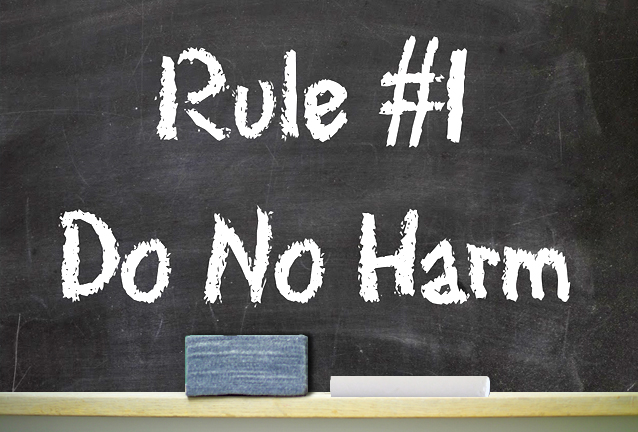Ever Present: The Potential to Relapse
Submitted by nedic blogger on Wed, 02/17/2016 - 09:12.png)
Last June, I hit a milestone in my life with the celebration of my 40th birthday. Since then, it has been an interesting 7 months or so of reflection, soul searching, tears, and pondering how I am going to spend the next half plus years of my life. American actress Jane Fonda describes aging as having 3 acts, just like a theatre play (for more details check out her TEDTalk). I like that way of labeling these transitions of aging. I suppose that being 40 puts me in Act II of my life, where I have developed a keen desire to understand myself better, to find my life’s purpose (yes, I’m still searching), and to ultimately live up to my potential (whatever that may be). But in the corner of my mind, while I reflect on the meaning and next steps in my life, lurking in the shadows are some familiar voices – those damn eating disorder thoughts.

.png)

.jpg)



.png)

.jpg)

